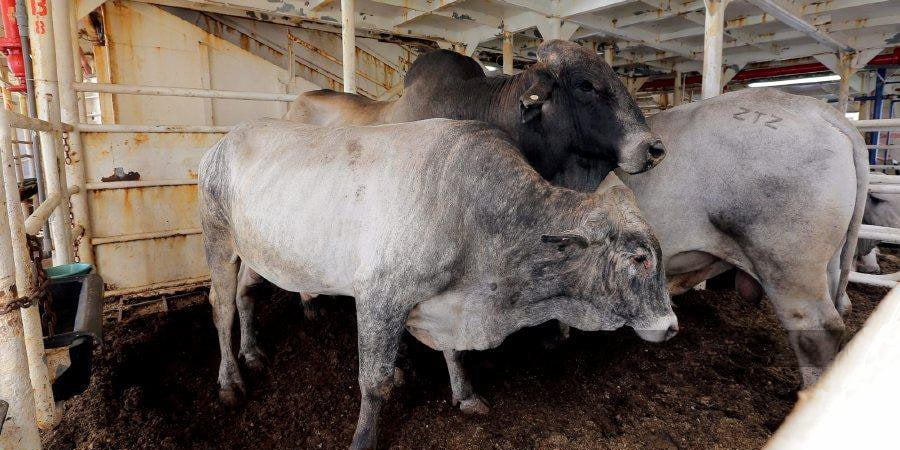August 15, 2023
Malaysia halts Australian cattle and buffalo imports amid lumpy skin disease concerns

Malaysia has temporarily suspended the import of live cattle and buffalo from Australia, over concerns about lumpy skin disease (LSD) arising from four Australian facilities last month, The Malaysian Reserve reported.
This move follows Indonesia's decision to halt imports from the same Australian facilities over similar concerns about the highly infectious viral disease.
Dr Mark Schipp, Australia's Chief Veterinary Officer, confirmed Malaysia's action and addressed the fears surrounding the viral disease. In a statement released recently, Schipp said that Malaysia has temporarily suspended live cattle and buffalo imports from Australia, citing Indonesia's stance on not accepting cattle from the specific export establishments after LSD was detected in Australian cattle post-arrival and subsequent stay in Indonesia.
Schipp said that lumpy skin disease, or LSD, has never been identified in Australia, assuring that the country remains free from the disease. The disease, transmitted through biting insects, affects cattle and buffalo, posing no threat to humans.
Indonesia stands as the largest market for Australian live cattle exports. Malaysia's annual import from Australia has ranged between 20,000 to 30,000 head of cattle in recent years. However, the figure has been significantly lower in 2023, with only 2,328 head imported in the first half of the year.
Tests are currently underway in the suspended facilities located in Queensland, the Northern Territory (NT), and Western Australia (WA). The results of these tests are anticipated to be presented to Indonesia within the upcoming week.
Schipp stressed that Australian authorities are diligently working to finalize the investigation regarding the health status of the cattle herds linked to the aforementioned establishments. The objective is to provide the necessary assurances to Indonesia, responding to its requests.
Efforts are underway to engage with Malaysia's counterparts and convey Australia's robust animal health system, clarifying the absence of LSD within the country. Schipp has also confirmed to the World Organisation for Animal Health that Australia aligns with international standards as an LSD-free region.
He further noted that the department has maintained close communication with the industry, ensuring stakeholders are informed. Despite Indonesia's concerns, Australian livestock products continue to be traded, and the detection of LSD post-arrival in Indonesia doesn't affect Australia's animal health status.
Schipp reiterated Australia's strong biosecurity measures, stressing the country's consistent monitoring of animal disease status, including LSD.
- The Malaysian Reserve










